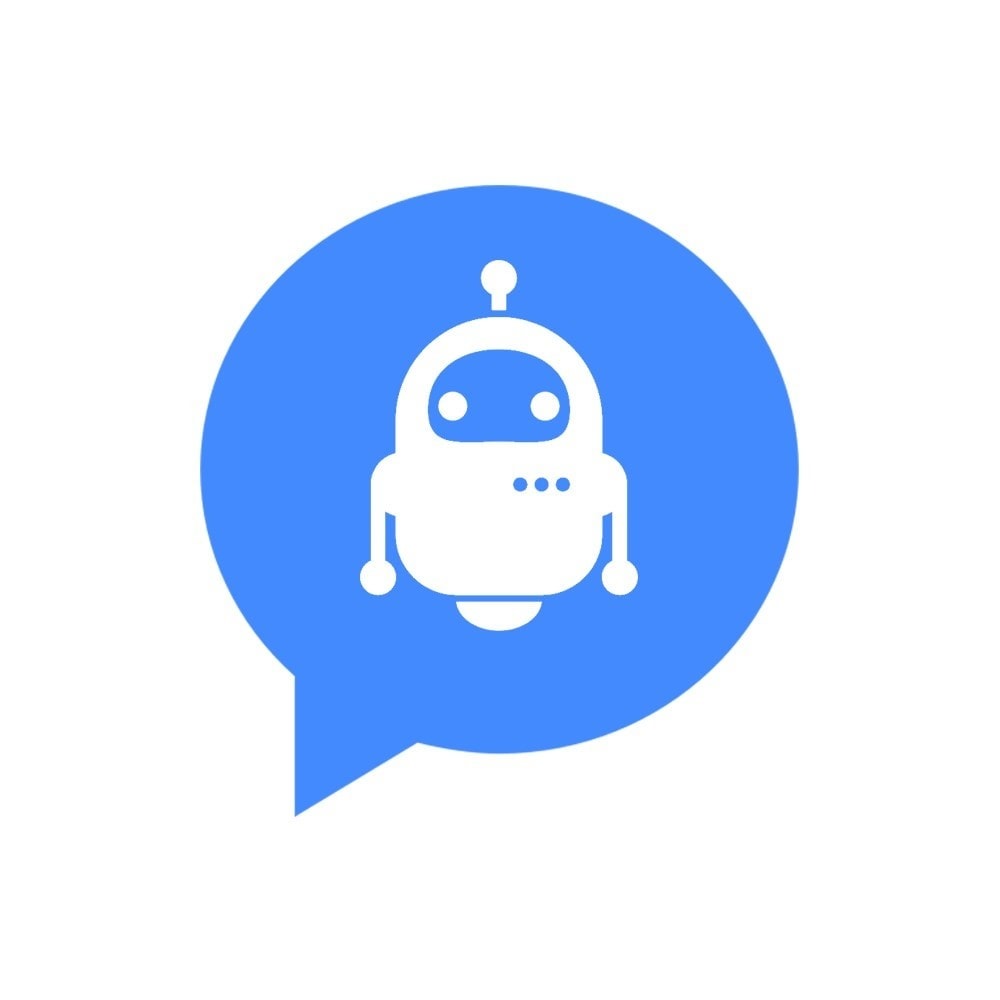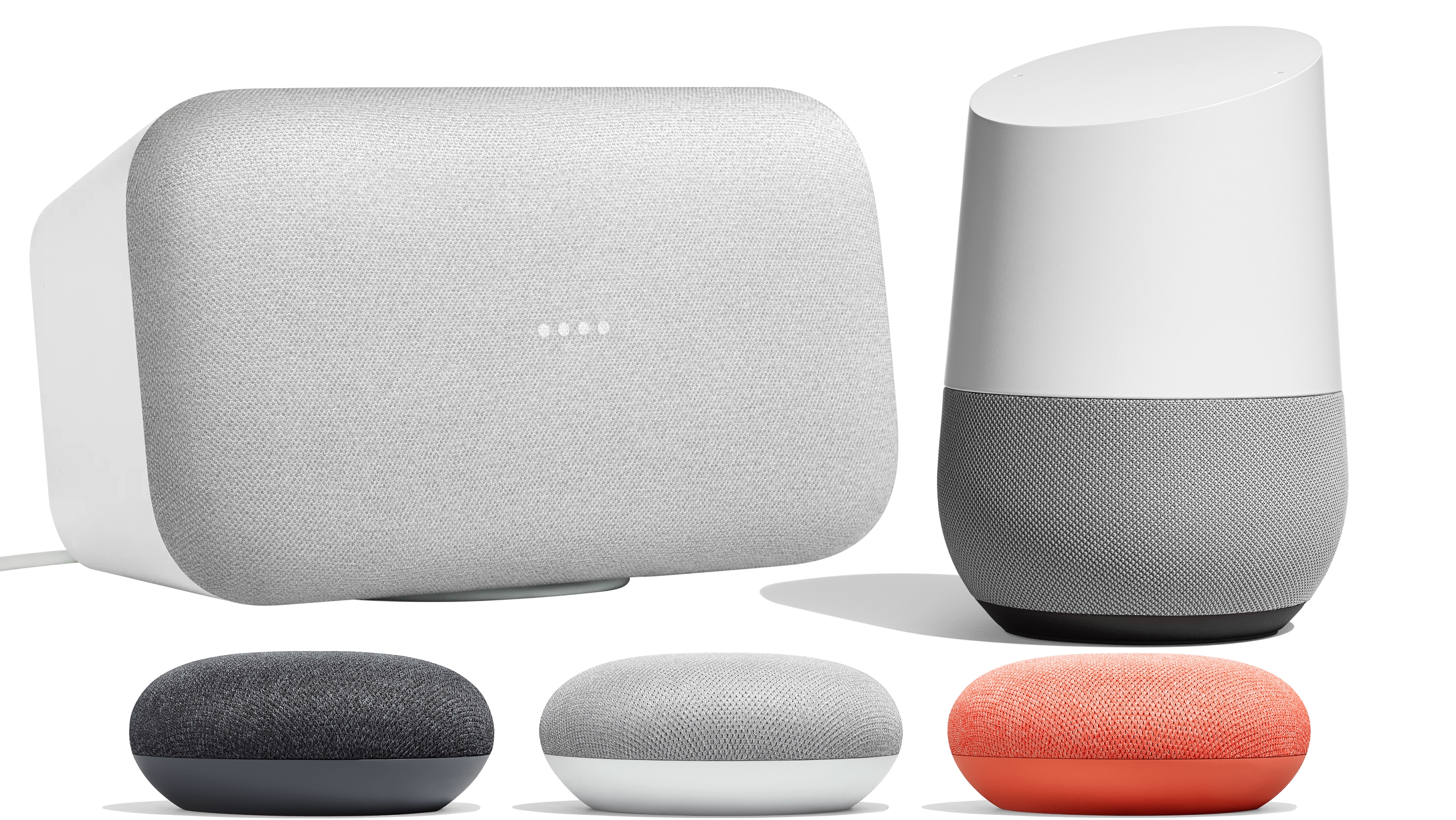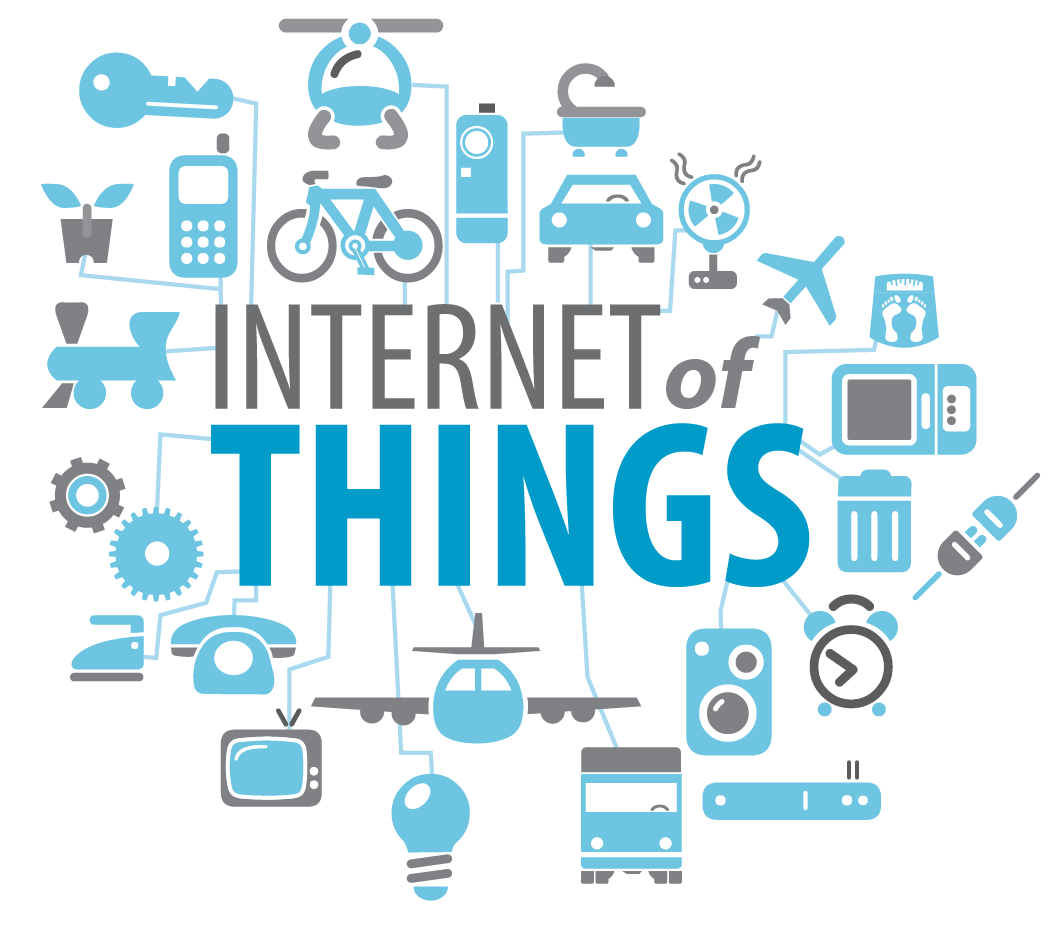Over the next three years, our digital environments will be vastly different from what they are today, according to Gartner’s predictions, with AI-powered products and services and IoT dominating the market.

Chatbot, artificial intelligence: the end of mobile apps as we know them?
 Mobile apps are set to be ousted by chatbots and artificial intelligence by 2021. According to Gartner’s indicators, more than 50% of enterprises will spend more per annum on bots and chatbot creation than traditional mobile app development – meaning a large number of conventional mobile apps will be phased out. And this change should also be good news for users, both professional and consumers, who will benefit from the possibilities in terms of interaction and communication and task automation.
Mobile apps are set to be ousted by chatbots and artificial intelligence by 2021. According to Gartner’s indicators, more than 50% of enterprises will spend more per annum on bots and chatbot creation than traditional mobile app development – meaning a large number of conventional mobile apps will be phased out. And this change should also be good news for users, both professional and consumers, who will benefit from the possibilities in terms of interaction and communication and task automation.
E-commerce to be boosted by visual and voice searches
 Incorporating voice-powered search technologies, such as Google Home or Amazon Echo, and visual searches for products online, will be major assets for retailers. Early adopter brands that redesign their websites to support visual and voice search will increase digital commerce revenue by 30%. Gartner predicts that these new shopping tools should generate $3.5 billion by 2021 and brands that can develop these types of technologies for their platforms should see a rapid increase in sales.
Incorporating voice-powered search technologies, such as Google Home or Amazon Echo, and visual searches for products online, will be major assets for retailers. Early adopter brands that redesign their websites to support visual and voice search will increase digital commerce revenue by 30%. Gartner predicts that these new shopping tools should generate $3.5 billion by 2021 and brands that can develop these types of technologies for their platforms should see a rapid increase in sales.
IoT: a tidal wave over the next two years
 By 2020, IoT technology will be in 95% of electronics for new product designs. Whilst IoT may already seem widespread, it’s only the tip of the iceberg, according to Gartner. This increase in IoT will be driven on the one hand by the fact that IoT features can now be added to a product at minimal cost, combined with cloud-based device management technologies and control. This will ensure easier monitoring and management of IoT estates. Once IoT-enabled products emerge, the interest and demand for the feature will snowball, Gartner predicts, which in turn will prompt suppliers to implement IoT into the design of their future products.
By 2020, IoT technology will be in 95% of electronics for new product designs. Whilst IoT may already seem widespread, it’s only the tip of the iceberg, according to Gartner. This increase in IoT will be driven on the one hand by the fact that IoT features can now be added to a product at minimal cost, combined with cloud-based device management technologies and control. This will ensure easier monitoring and management of IoT estates. Once IoT-enabled products emerge, the interest and demand for the feature will snowball, Gartner predicts, which in turn will prompt suppliers to implement IoT into the design of their future products.
More versatile IT professionals
 What of IT expertise in 2021? Gartner foresees a major change in companies’ expectations of their IT staff: 40% of IT staff will be versatilists holding multiple roles, most of which will be business-related rather than technology-related. In 2017, IT specialists accounted for 42% of the total IT workforce, but by 2019, Gartner predicts that IT technical specialist hires will drop by more than 5%. This shift will start in infrastructure and operations (I&O): “ With the need for I&O platforms (hyperconverged and software-defined infrastructure, storage and networking) that can support on-demand (cloud scale) infrastructure, I&O versatilists aligned to business groups will surface.”The next area requiring more versatile IT staff will be marketing-oriented digital business efforts such as business intelligence, followed by software development, digital product management, and customer experience management and architecture.
What of IT expertise in 2021? Gartner foresees a major change in companies’ expectations of their IT staff: 40% of IT staff will be versatilists holding multiple roles, most of which will be business-related rather than technology-related. In 2017, IT specialists accounted for 42% of the total IT workforce, but by 2019, Gartner predicts that IT technical specialist hires will drop by more than 5%. This shift will start in infrastructure and operations (I&O): “ With the need for I&O platforms (hyperconverged and software-defined infrastructure, storage and networking) that can support on-demand (cloud scale) infrastructure, I&O versatilists aligned to business groups will surface.”The next area requiring more versatile IT staff will be marketing-oriented digital business efforts such as business intelligence, followed by software development, digital product management, and customer experience management and architecture.

















